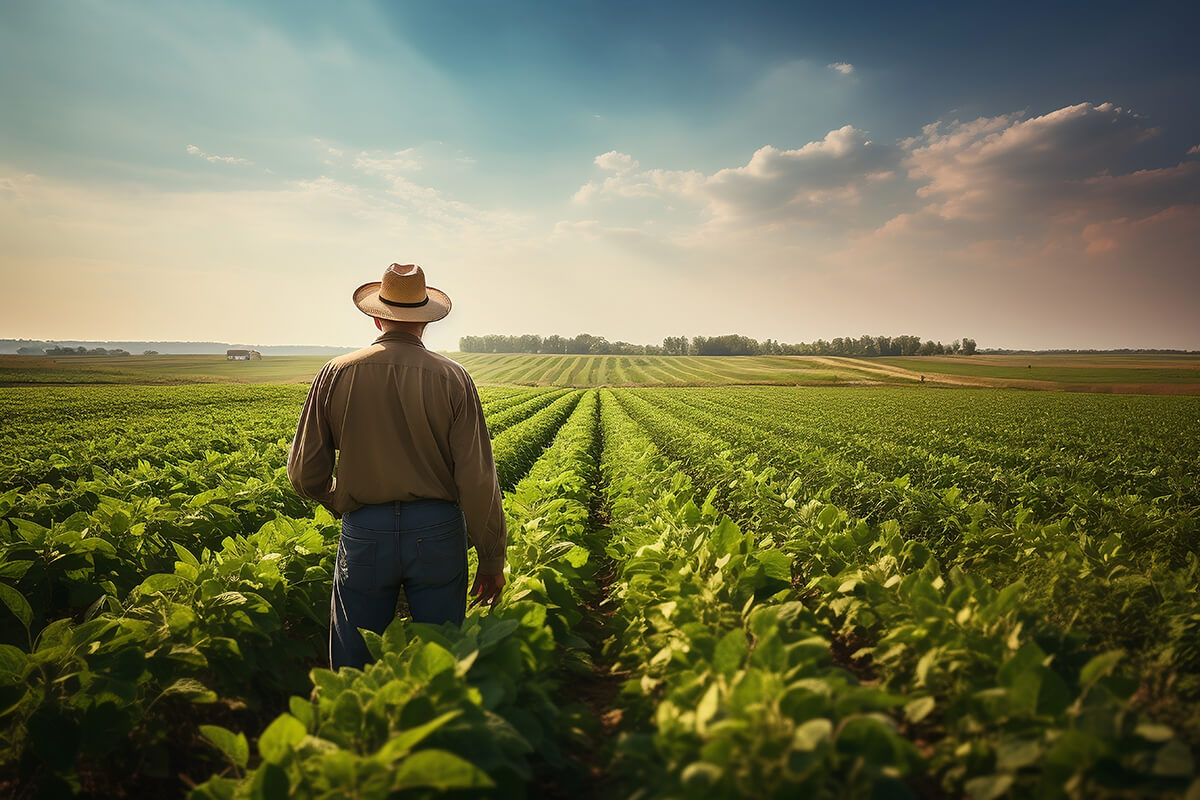The Ultimate House Viewing Checklist for Buyers
06 Jan
Please wait...
10 Nov

Plans to Move Forward with Recovery and Financing
Plans are being made for the Caribbean Agricultural Forum. According to Dionne Clarke Harris, the representative of the Caribbean Agricultural Research and Development Institute for Jamaica, there are some critical issues to address. This year's event must address the extreme weather conditions. These conditions damage the farmers' ability to recover from droughts or flooding.
"That affects production, and therefore the farmer's livelihood and staying in business is affected because he could not meet his financial commitments on the crop he lost," she told the Jamaica Gleaner newspaper.
In addition to financial issues for the farmers, Clarke Harris assessed the need for a move toward modern electronics in agriculture. That move will be discussed in Nassau, Bahamas, October 9-13.
"We are still not embracing electronic solutions in agriculture, so I think if we can start to address these issues in a meaningful way, it would really help move the needle significantly," she argued.
It was also stated that the objective of the meeting was to focus on reducing the region's food bill. Increasing productivity and production aims to make trade more fluid for the island countries.
Reducing Food Imports
In preparation for the meeting that will be held in Nassau, the goal is to restate the importance of elevating food production and boosting farmers' productivity to reduce the region's import bill for food.
The Caribbean Agriculture Forum plans to help ensure resilience in the midst of climate-related adversities, benefiting the local farmers and communities. That effort will result in increased food security for the Caribbean.
Why Recovery & Financing Are Vital
The weather, production, and farmers' livelihoods are all tied together in an ongoing struggle to keep the islands stable and thriving. The loss of valuable crops undermines the reduction of food import bills. And that is not good for the farmers, the locals, or the island nations as a whole.
CITED: www.plenglish.com, www.usaid.gov, www.caribbeannationalweekly.com